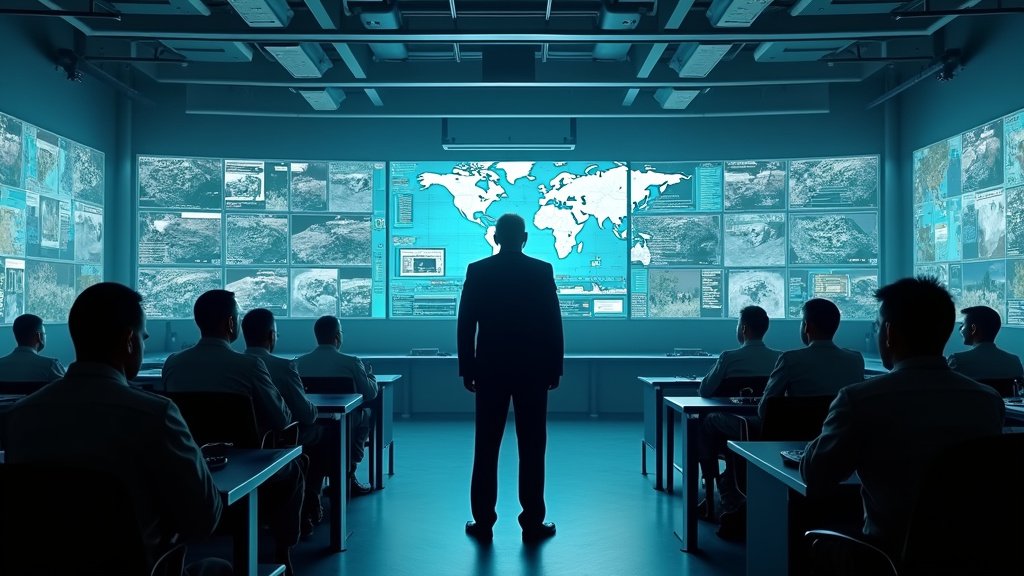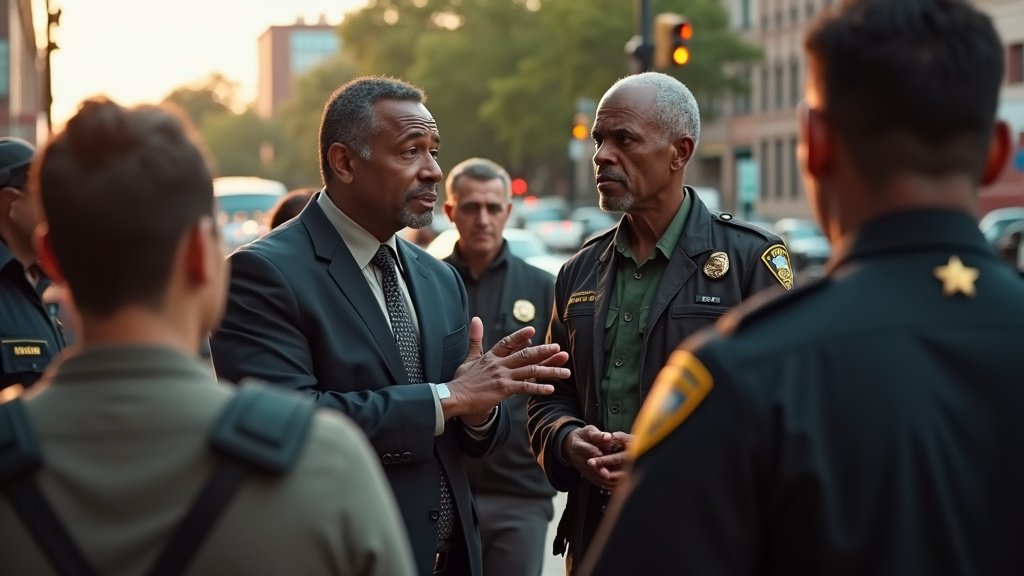U.S. Military’s Role at the Border Under Scrutiny
The U.S. military’s presence along the U.S.-Mexico border has dramatically increased, taking on a more expansive role under an emergency declaration by President Donald Trump. This shift, which includes elements of nearly every branch of the armed forces, has raised questions about the military’s mission and the implications for immigration enforcement.
Tripling Troop Deployments Despite Decreased Crossings
A core aspect of the expanded military role is the significant increase in personnel deployed to the border region. Troop deployments have tripled, reaching a total of 7,600 personnel. Notably, this increase in military presence has occurred despite a reported decrease in illegal crossings. This juxtaposition raises questions about the justification for the expanded deployment and its impact on the border communities.
Command Center at the Forefront
Leading the military’s operation is a new command center. Situated at a remote Army intelligence training base in Arizona, this facility is central to coordinating military activities along the border. The conversion of a community hall into a sophisticated “war room” highlights the scale and scope of the operation. This hub guides the military’s mission, providing real-time information and strategic direction.
New Powers and Authorities
Perhaps the most significant development is the enhanced authority granted to military personnel. Under the emergency declaration, the military is now empowered to apprehend immigrants. This represents a substantial departure from its traditional role, which was largely limited to providing support to civilian agencies like the U.S. Border Patrol. Furthermore, the military is now authorized to authorize additional criminal charges. This expansion of authority marks a significant change in the military’s involvement in immigration enforcement and raises concerns about due process and the potential for overreach.
Collaboration with Border Patrol and ICE
The article notes a deepening of the military’s partnership with existing agencies. The military is working closely with U.S. Border Patrol agents, facilitating a coordinated approach to border security. This collaboration extends to working alongside U.S. Immigration and Customs Enforcement (ICE), further integrating military resources into the broader immigration enforcement framework. The nature and scope of these cooperative efforts are central to understanding the implications of the expanded military role.
Soldiers Deployed for Days
The commitment of the military to the border mission is demonstrated by the deployment strategies. Army Major-General Scott Naumann confirmed that soldiers can be deployed for multiple days at a time to address the issue, with a primary goal of cracking down on undocumented border crossings. This level of commitment signals a sustained and intensive effort to enforce border security measures. This long-term presence suggests an enduring strategy rather than a short-term intervention.
Potential for Detainee Holding
The article notes that the expansion of the military’s role includes the potential for holding detainees on military bases. This raises significant legal and ethical concerns. The use of military facilities for housing detainees suggests a broadening of the military’s role beyond apprehension and into detention. The potential for this arrangement has generated considerable debate and scrutiny.
The Broader Implications
The enhanced military presence and increased enforcement powers carry several implications. The deployment of troops, particularly in a context of decreasing illegal crossings, raises questions about resource allocation and the long-term impact on border communities. The military’s expanded role in apprehending and potentially detaining immigrants brings complex legal, humanitarian, and ethical questions to the forefront. As the military’s role evolves, it is critical to examine its impact on border security, the rights of immigrants, and the broader relationship between the military and civil society.






